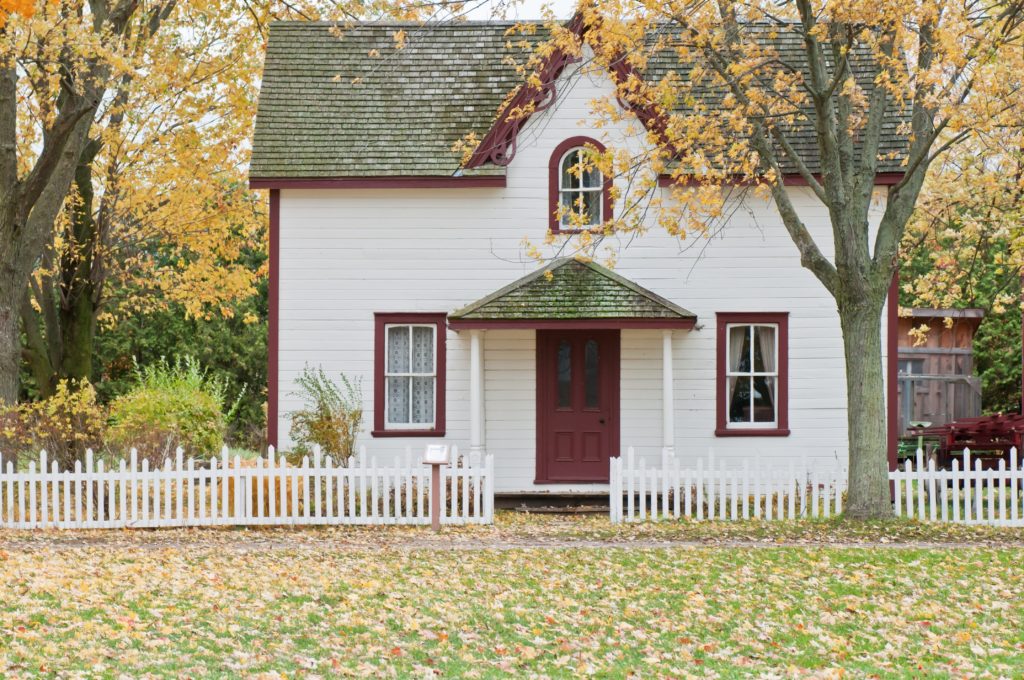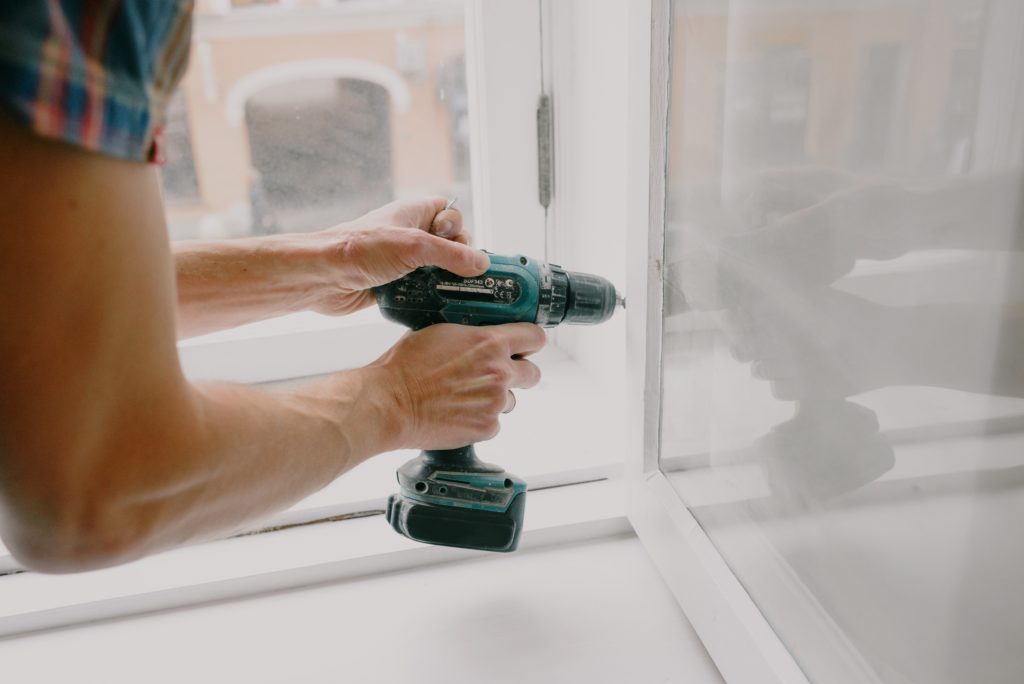One of the things that homeowners hate the most is when they have unexpected expenditures. Whether it’s a home appliance, garage doors, pool pump, or something else, these costs can have a major impact on our budget, sometimes derailing other financial plans and investments.
However, there are lots of things you can do to eliminate or, at least, reduce these costs. “Preventative repairs are the best way to extend the life expectancy of your roof, but also other parts of the house,” according to Piedmont Roofing, a Fairfax County roofing contractor.
How much do these repairs cost?
The best way to find the annual home repair expenditures is by calculating 1% of your total home value. So, if your house is worth $300,000, you need to keep $3,000 in your bank account for unexpected fixes.
These expenses will go up for older homes as well as custom homes that use special materials. No matter the case, you should always have some money on the side to address these issues as soon as they appear. Waiting for too long can only increase the damage to a particular section of the house. So, once you finally decide to make the necessary repairs, the costs will be much higher than initially anticipated.
Here are 5 smart strategies that can save you a lot of money on home maintenance:
- Fix everything yourself
The best way to save money on home maintenance is to simply do everything yourself. Even if you’re not particularly proficient, there are always some small things you can do by yourself. Keep in mind that each time you fix something, you get better at it. So, if you’re a young person, it actually makes sense to start fixing things around the house by yourself. In time, you will become a real professional.
Nowadays, you can learn more of these things online. There is a YouTube video for just about everything, so you can pick up new skills relatively quickly. However, if a repair is especially tricky or dangerous (such as electrical work), perhaps it’s better to call a professional. Then again, you might be able to perform these things yourself as long as you use the right precautionary measures.
- Get a professional
Although fixing things yourself is the best way to save money, there are some situations where it’s actually cheaper to call a professional. Certain parts of the house require extra love. Even if you do things yourself, there is a chance that you will do a subpar job affecting the longevity of the roof, gutter, door, or something else.
When looking for high-quality handymen, pay attention to insurance and licenses. Do they have all the necessary documentation to perform this job? What do their clients say about them? Again, if you decide to hire one of these guys, you do so to cut future costs through quality work.
If you go with this approach, there is no point in being cheap and trying to save money. Make sure to hire the best person possible no matter how much it costs. If you decide to hire a cheap company, you might as well fix the problem yourself.
- Think about prevention
Prevention is the best way to safeguard your home and also reduce the costs of future repairs. Basically, regular maintenance includes things such as sealing cracks, cleaning various parts of the house, changing shingles as soon as you notice minor damage, eliminating pests like termites and ants before they do extensive damage to woodwork, etc.
Unlike repairs, maintenance tasks don’t require much experience. Most of these things are rather straightforward, and there is no excuse as to why you shouldn’t do them. It all comes down to whether you’re lazy or not.
- Reduce energy costs
Although most people don’t think of this when we mention home maintenance, energy costs are another thing that affects overall expenditures. Simple things such as replacing your air conditioning filter can go a long way. This can safeguard your unit, making it last for a much longer time.
Generally speaking, you should follow the manufacturer’s instructions for every home appliance. Alternatively, you should try to use devices when energy is cheaper.
- Fix issues as they appear
When an issue appears, you need to analyze the situation and see what kind of impact would it have in the long run. Waiting too long for fixes can have a major negative impact on your wallet. Some repairs can be postponed, but others need to be addressed immediately!






